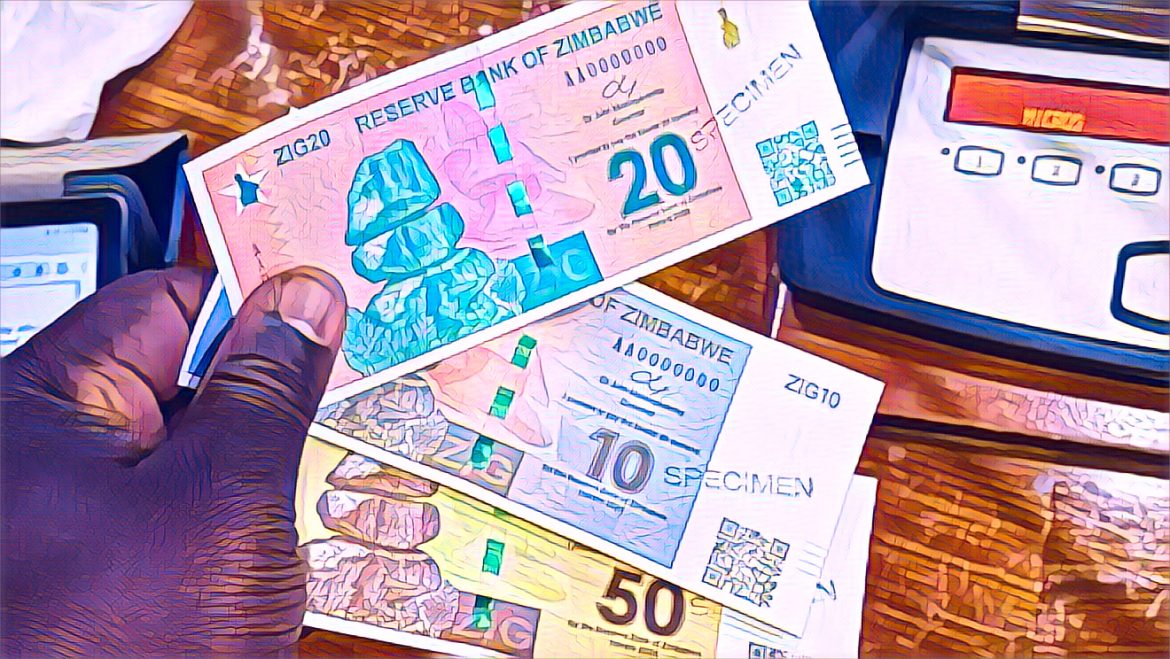The Zimbabwean government of President Emmerson Mnangagwa has been severely criticized over the launch of the Zimbabwe Gold (ZiG) currency. Many facets of society expressed doubt and dissatisfaction with the new monetary unit, which was unveiled on April 5, 2024. As a result, it was labeled as a “marked down” currency with inadequate support and a high danger of inflation.
The government’s larger plan to stabilize Zimbabwe’s economy—which has been beset by years of hyperinflation and unstable currency—included the launch of ZiG. But the launch of the currency was tainted by inconsistencies and an apparent overbearing attitude on the part of the government, which included threats against money changers and harsh measures against objectors.
The timing and execution of ZiG’s launch, according to critics, were ill-planned. Conflicting messaging and an unclear strategy surrounding the currency’s introduction caused uncertainty and mistrust among investors and the general public. The issue surrounding ZiG only grew when, during the campaign, money changers were praised with slogans, only for those same people to be arrested and denied bail under the new administration.
There have also been legal challenges. Numerous civil society organizations and economic specialists have chastised the government for using coercion instead of solid economic strategy and community participation to force approval of ZiG. The government’s threats overshadowed the Zimbabwe International commerce Fair, an occasion that usually celebrates commerce and investment prospects.
Famous banker John Mushayavanhu, who was named governor of the Reserve Bank of Zimbabwe, has put himself in a risky situation, which has added to the controversy. His administration is torn between carrying out the government’s orders and responding to the public outcry on the absence of an open and deliberate strategy for the launch of the currency.
Domestic critics were not the only ones receiving punishment. International observers have questioned the legitimacy of the government’s activities regarding the currency and the recent elections, including delegates from the African Union, Commonwealth, and European Union. These organizations pointed out that the elections fell short of a number of international transparency and inclusivity norms, which further damaged the government’s reputation.
Finance Minister Mthuli Ncube’s recent statements attributing the conceptualization of ZiG to President Mnangagwa have contradicted earlier narratives, adding layers of complexity and mistrust among the populace. The conflicting accounts between Ncube and Mushayavanhu have only fueled public and international skepticism about the currency’s viability and the government’s economic strategies.
The government has persisted in advocating for ZiG’s approval in spite of these obstacles, claiming that it is supported by the country’s riches of gold and other valuable minerals. But the practical issues associated with convertibility and its incapacity to be utilized for necessities like buying gas and passports continue to be major obstacles.


